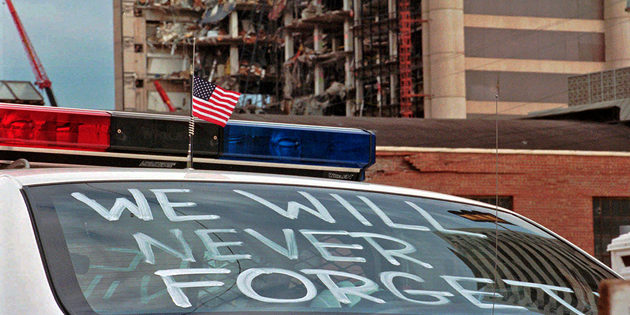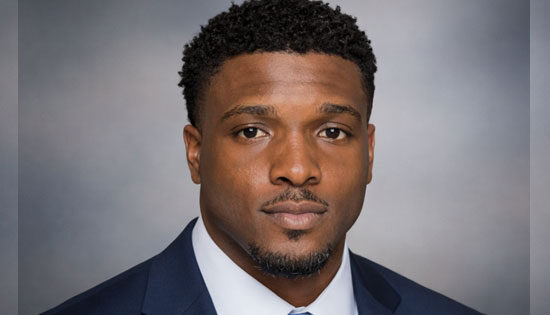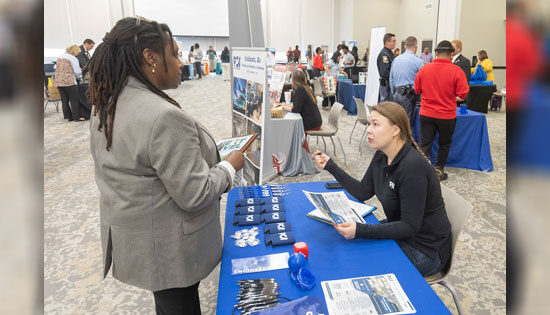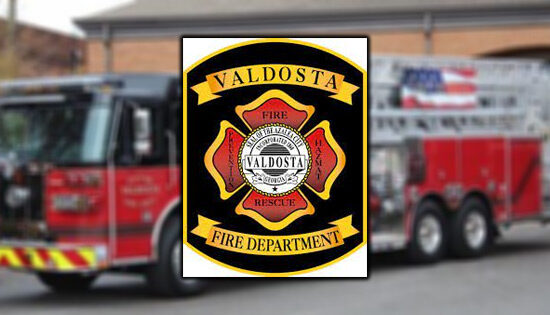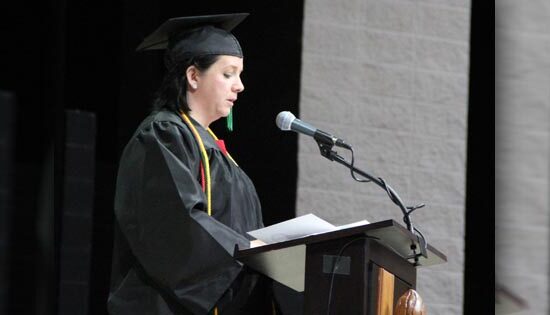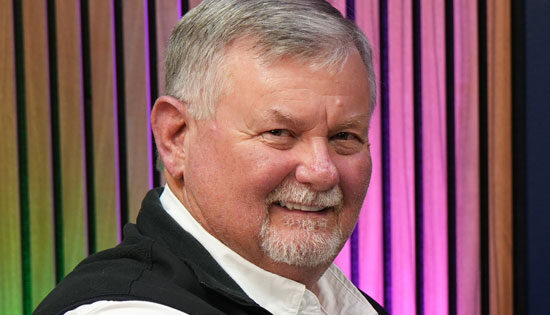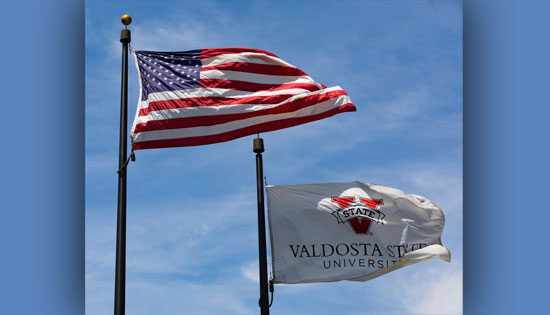Defining Some Reason from the Oklahoma City Bombing on its 20th Anniversary
Nick Rudnik, Valdosta Today Opinion Contributor
At 9:02 am on April 19, 1995 a rental truck, carrying over 4,800 pounds of a weaponized mixture ammonium nitrate fertilizer, nitromethane, and diesel fuel, detonated in front of the nine-story Alfred P. Murrah Federal Building in Oklahoma City. The bombing made the ground quiver and decimated the entire north façade of the structure, gutting the building.
What had been a large, functional office building only a few moments before detonation was reduced to a lifeless shell of ruble.
Of the 168 who lost their lives that day, 19 were children attending the building’s childcare facility. Nearly 700 were injured as a result of the blast. To date, the Oklahoma City bombing is the worst domestic terrorist attack in American history.
The bomber was Timothy McVeigh. He was a sovereign citizen; a member of an extremist group defined by a peculiar series of militant, antigovernment ideologies. Through the attack on innocent civil servants, McVeigh was seeking retribution for the controversial federal raids on illegal weapons caches at Ruby Ridge, Idaho in 1992 and Waco, Texas in 1993.
McVeigh is an incarnation of violent extremism; a deeply troubled individual wedded to an ideology marked by a volatile triad of mistrust, anger, violence.
The Southern Poverty Law Center (SPLC), a non-profit civil rights group headquartered in Montgomery, Alabama committed to studying and combatting the nation’s most violent hate groups, sent a letter to Attorney General Janet Reno in October 1994 warning the Justice Department that sovereign citizens are a “mixture of armed groups and those who hate” and, further, they are a “recipe for disaster.”
Although McVeigh was tried, convicted and finally executed in 2001 for his heinous acts, the SPLC’s letter is both ironic and timely for even today’s sovereign citizens, and akin racist, antigovernment, and militant hate groups, that are on the rise in the United States.
And for this, we should reflect on why these groups are not only dangerous, but fundamentally adversative to who we truly are as a people.
Life in any democratic society, particularly one as large and diverse as in the United States, is oftentimes a tentative balancing act. Democracy is a multifaceted endeavor. We all remember that lecture in civics class on The Federalist No. 10 where Madison warns us of the prospect of the “tyranny of the majority”—or, unfettered majoritarianism—a circumstance where the majority exacts their will capriciously on the minority, with the intent to malign the rights of smaller groups. But things soon become a bit muddled, for Madison contends that in our system, indeed, the majority is empowered to govern, yet they must also consider the rights of minority groups, even those who are permanent minorities.
However, the protection of minorities in a democratic society should also not be used to capriciously impugn the rightful mandate of the majority to govern. In other words, there must be a balance, a condominium, between the rights of the majority and the protection of the minority in a democratic society.
Democracy, then, is an exercise in considering the needs, demands, and rights of competing groups.
McVeigh his compatriots and those like him reject this worldview however. They were, and are, exclusionists, not pluralists. In their deeply flawed minds, it’s their worldview, one fueled by hatred, racism, and distrust, that is right. No other opinion matters to the exclusionist with their flawed “take no prisoners” temperament.
McVeigh, and those like him who seek to impose their views through violence, tacitly reject the democratic process. By commanding one’s will through terror and through the sword, they implicitly say to society: “I am above your ballot box, your democratic elections, and your pluralism. And in their place I will proselytize my beliefs via terror.” This is why these militant, fundamentalist ideologies have no place in a democratic society—for they discard democracy and all its trimmings. This is why domestic terrorism is both instrumentally and intrinsically insidious.
The 20th anniversary of the attack on the Murrah Federal Building gives an opportunity to reexamine these musings. Martin Luther King, Jr., a champion of nonviolence to rectify social evils, reminds us that “civilization and violence are antithetical concepts.” Meaning, a civilization cannot rightly be called such if it stitches itself together through a fabric stained in violence.
In the same way, democracy and violence are antithetical concepts. When one chooses to use the sword to exact their will rather than their vote or their voice, as McVeigh so callously chose to do on that fateful April 1995 day, they undermine the very ideals they believe they are upholding in their deeply skewed minds. This is the real lesson of the Oklahoma City bombing. A lesson learned from the murder of 168 innocent lives.
For these reasons, and more, we must not and cannot forget the crime against democracy perpetuated at Oklahoma City—now 20 long years ago this month.
 Nicholas A. Rudnik is currently pursuing a degree in political science with a concentration in American politics at Valdosta State University. Previously, he’s served as a congressional page in the U.S. House of Representatives during the 111th Congress and in the Office of U.S. Congressman Sanford Bishop. Further, Nick has served on staff at an institutional interest group, the Association of American Law Schools, in Washington and has worked in the private sector. He has presented his research, focused primarily on congressional parties and elections, at regional academic conferences and hopes to pursue a graduate degree in political science. Nick is currently completing two manuscripts relating to southern congressional elections and judicial decision-making in the area of campaign finance; he can be contacted via e-mail at narudnik@valdosta.edu. Follow Nick on Twitter: @NickRudnik.
Nicholas A. Rudnik is currently pursuing a degree in political science with a concentration in American politics at Valdosta State University. Previously, he’s served as a congressional page in the U.S. House of Representatives during the 111th Congress and in the Office of U.S. Congressman Sanford Bishop. Further, Nick has served on staff at an institutional interest group, the Association of American Law Schools, in Washington and has worked in the private sector. He has presented his research, focused primarily on congressional parties and elections, at regional academic conferences and hopes to pursue a graduate degree in political science. Nick is currently completing two manuscripts relating to southern congressional elections and judicial decision-making in the area of campaign finance; he can be contacted via e-mail at narudnik@valdosta.edu. Follow Nick on Twitter: @NickRudnik.

